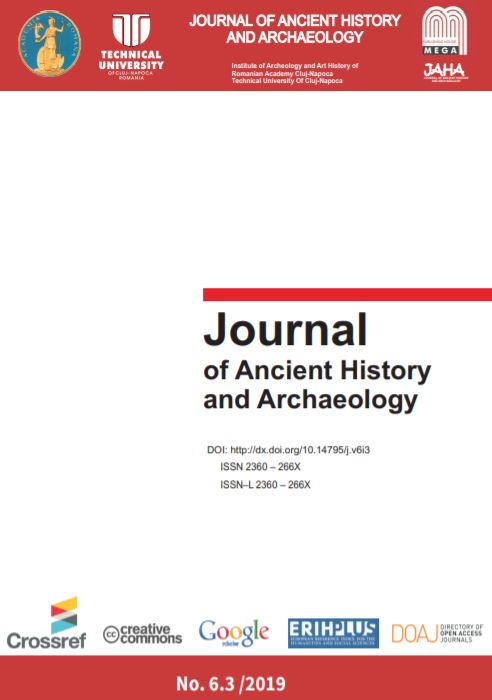MEMORIA, MORALITY, AND MNEMONIC HEGEMONY OF ROMAN EMPERORS
MEMORIA, MORALITY, AND MNEMONIC HEGEMONY OF ROMAN EMPERORS
Author(s): Janneke De JongSubject(s): History, Archaeology, Ancient World
Published by: Editura Mega Print SRL
Keywords: Memory sanctions; mnemonic hegemony; morality; legitimation; Roman Principate;
Summary/Abstract: The importance of memory in the formation of identity cannot be overestimated. This goes for individuals, but also for collective bodies. As a multifaceted and multidimensional phenomenon, memory in a retrospective way preserves past events, which contributes to explain and construct the present, but also has prospective claims. This makes memory a powerful force to construct or demolish identities in several domains (for example, political, social, cultural), on several levels (such as private and public; individual and collective), and in various time frames (past, present, future). This article focuses on the capacity of posthumous memory to serve as a locus for negotiation, confirmation, competition, and contestation of political power by mnemonic hegemons. The main point I aim to make is that mnemonic hegemons could 'collectificate' (= make into a collective issue) (personal) rivalry over power by turning it into a collective issue. Negative posthumous commemoration was one of the mechanisms put in play here. The intended effect was to frame a distinction between the victor / we / state and the victim / anti-social he. How it worked out, depended on the power balance. Two cases, one from the early Imperial period, and one dating to the early third century, when the imperial system had become institutionalized, will be discussed to demonstrate such collectification of commemoration, and which explicit and implicit information about the power balance this implied.
Journal: Journal of Ancient History and Archaeology
- Issue Year: 6/2019
- Issue No: 3
- Page Range: 17-26
- Page Count: 10
- Language: English

